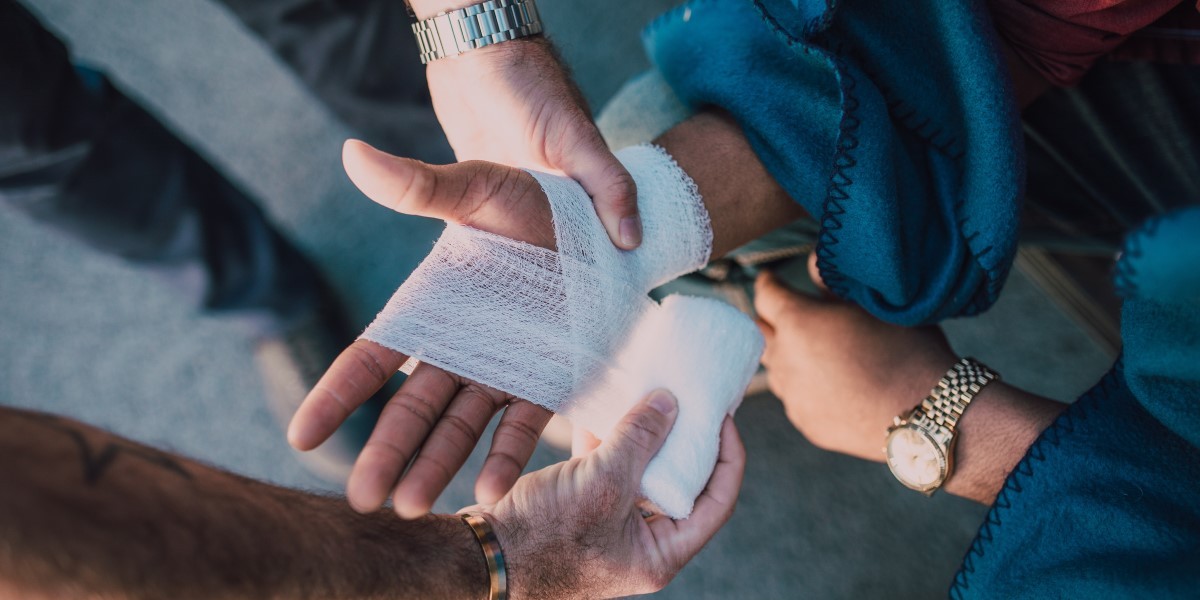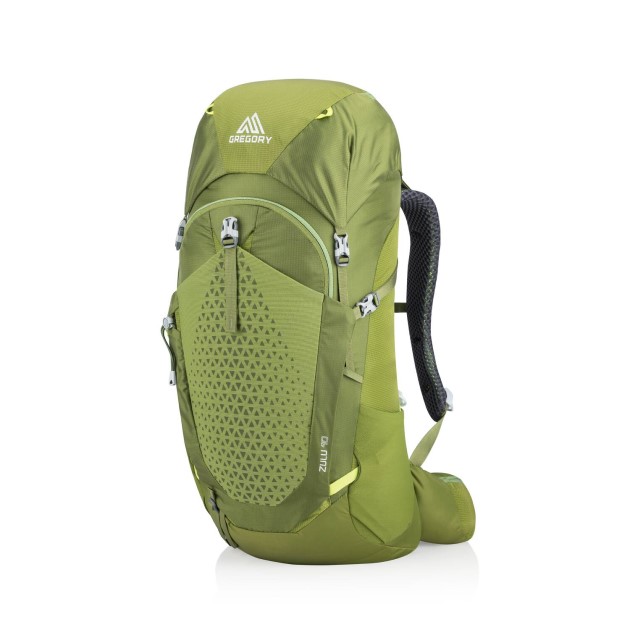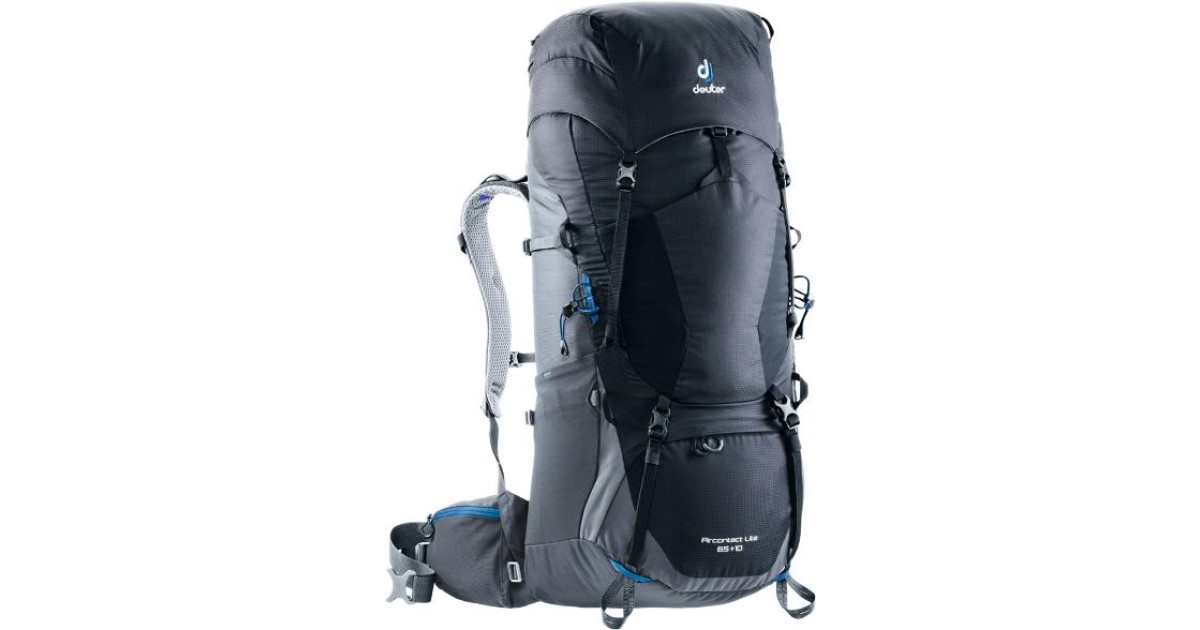Becoming a backcountry guide is a rewarding milestone that can help you develop a new career. A guide must be familiar with the terrain and have extensive knowledge of the area, its plants, fauna, and weather patterns to keep their group safe. They also need to be able to teach others important survival skills. The following guide will help you learn how to become a backcountry guide.
Table of Contents
- What Is A Backcountry Guide
- Duties and Responsibilities of a Backcountry Guide
- How to Become a Backcounry Guide
- Education
- Find a Mentor
- Gain Experience
- Final Thought On How To Become A Backcountry Guide
- How To Become A Backcountry Guide Frequently Asked Questions
What Is A Backcountry Guide
A backcountry guide is a person who leads groups of people on trips through remote wilderness areas. They must be experts in safety and survival, with extensive local area knowledge. While not completely necessary, they usually have at least one season of guiding experience as an apprentance before being hired full time. In addition, depending on what type of backcountry guide you want to be, many companies may require a certification by a nationally recognized body. See the education section below for more information.
Duties and Responsibilities of a Backcountry Guide
Backcountry guides are responsible for leading clients through various outdoor activities, including hiking, backpacking, and camping. They also plan routes and itineraries for each activity and provide client instruction on the proper use of equipment.
Backcountry guides work with individuals and groups of all ages, so excellent communication skills are essential. They must also act quickly in emergencies by assessing the situation and responding appropriately. Strong physical fitness is required because the job involves carrying heavy loads over long distances.
The guides are employed by various organizations, including state parks, hiking clubs, camps, retreat centers, and adventure travel companies.
Examples of backcountry guide duties include:
- Planning routes and itineraries for outdoor activities
- Providing instruction to clients on equipment use and safety procedures
- Leading outdoor activities such as hiking, backpacking, and camping trips
- Checking weather conditions before departure to ensure safe travel
- Managing emergencies such as snake bites or injuries
- Making recommendations on supplies, clothing, or gear.
How to Become a Backcounry Guide
Becoming a guide is an exciting adventure, but getting started can be difficult. Below you’ll find resources to help you become a backcountry guide, including guiding basics and qualifications.
Take Time to Consider Your Interests
The first step in becoming a backcountry guide is considering what type of guiding you want to pursue. This can be accomplished by considering your interests and goals.
- Do you prefer working with children or adults?
- What are your favorite outdoor activities?
- Do you have any medical training?
You’ll want to choose a field that matches your personality and goals-and where your skills will be put to good use.
Types of Backcountry Guides
- Backpacking and Hiking Guide
- Mountain Guide
- Rock Climbing Guide
- Backcountry Skiing and Snowboarding Guide
- Whitewater Kayaking, Canoeing, and Rafting Guide
- Sea Kayaking Guide
- Mountain Biking Guide
Education
If you want to work as a backcountry guide for an outfitting company, check out its website or call and ask about their training requirements. Some employers require new hires to train for several weeks before going into the field with clients; others expect new hires to have experience leading clients through the wilderness before they are hired.
Get Certified by an Accredited Program
The next step is becoming certified. Many programs will give you the training you need to start your career path towards becoming a backcountry guide. Certification programs can take between one or two years depending on what type of certification you’re interested in pursuing. However, some of the programs can be finished in a matter of days or weeks.
Quick Reference Guide: Training Classes
| Wilderness First Aid | CLICK TO LEARN MORE |
| Basic Wilderness Survival | CLICK TO LEARN MORE |
| Wilderness First Responder | CLICK TO LEARN MORE |
| Backcountry Mountain Guide Certification | CLICK TO LEARN MORE |
| Backcountry Alpine Guide Certification | CLICK TO LEARN MORE |
| Backcountry Ski Guide Certification | CLICK TO LEARN MORE |
| Backcountry Rock Climbing Guide Certification | CLICK TO LEARN MORE |
Wilderness First Aid
Wilderness First Aid can be a requirement for any backcountry job, but it’s also good practice to know how and when you should used this skillset in case of emergency. There are a few classes available online, such an informative one offered by Survival Med that I recommend checking out if you’re interested!
It does not matter what type of backcountry guide you may want to become, you need to take a wilderness first aid class at the very least. This is usually a requirement of your future employer not to mention just a good idea.
I have an in depth article that explains wilderness first aid and many class options. If you are interested, Click Here for more information.
Basic Wilderness Survival
Imagine finding yourself in a survival situation and in need of help for you or a client? What would you if left stranded with only your wits?
As more and more people are looking for trips into the backcountry as a way to experience nature, there has been an increase in demand for backcountry guides that can navigate through these harsh terrains. With that being said; if you want your chance at becoming one of these guides, then it’s important that employers and clients see what skillset you have but that you also have some basic knowledge about handling emergencies when in the backcountry!
I recommend looking into Survival Meds’ basic wilderness survival class for anyone that is interesteD in how to become a backcountry guide.
An Overview Of The Basic Wilderness Survival Class
There are responses that people have when facing death or extreme survival situations. They may not seem like it at first, but they’re actually quite common pitfalls to watch out for! In this class they will go through some interactive activities based on true stories from high profile cases. These people were faced with life-threatening decisions and the instructors at Survival Med will help you to identify reactons such as denial, panic, perceptual, distortion hyperactivity, and of course irrational behavior.
The class is broken down into three parts.
Basic Wilderness Survival Part 1
- Patient Assessment
- How to Stop Bleeding and Improvise Tourniquets
- Bears and Mountain Lions
- Snake Bites
- Amputated Fingers and Lost Teeth
- Scorpions and Insects
- Rabies
Basic Wilderness Survival Part 2
- Lightning
- Flash Flods When Canyoneering
- Hypo and Hyperthermia
- Frostbite
- Trench Food
- Sunburns
- Altitude Illness
- Avalanches
Basic Wilderness Survival Part 3
- Legal Liability and Jurisdiction
- How To Use An Epi-Pen
- Drowning Rescues
- Survival, Getting Lost, and Rescue Signaling
- Planning and Using a Basic Medical Kit
- Finding Water and Treating Water
The official Basic Wilderness Survival certification is a great way to show a possible employer or clinet that you take backcountry survival serious. Once you pass this class you certification will be good for three years.
Wilderness First Responder
If you are really serious about becoming a bacountry guide you might want to consider first becoming a wilderness first responder (WFR). Wilderness first responders are people who specialize in emergency response to remote locations. They can be found throughout all sorts of wild places, from national parks and forests down through your local park – they’re just waiting for any situation that requires their expertise!
A wilderness first responder course is goes into far more detail than a wilderness first aid class and provides you with a certification that will be a definate boost in your search on how to become a backcountry guide.
There are many different WFR classes out there. However, if you are just beginning your journey toward becoming a backcountry guide, I would recommend looking at the low cost, online course offered by Survival Med.
An Overview Of The Survival Med Wilderness First Responder Class
This course is for anyone that wants to work in the outdoors. It’s also recognized as an industry standard by backcountry outfitters, mountain guides, and others! The course will teach you how to care for patients in remote locations or challenging weather, with questionable communication and support. You’ll learn about improvised equipment you can use when you have limited time for decisions.
The class is broken down into three sections.
Over Twenty Hours of Wilderness Lectures
- Patient Assessment
- Basic Life Support
- Circulatory System
- Respiratory Sustem
- Nervous System
- Trauma
- Environmental Medicine
- Animals and Insects
- Medical Legal
- Search and Rescue Fundamentals
Case Based Medical Scenarios
Test your knowledge with real-life cases and challenging medical scenarios. Make treatment and evacuation decisions based on the signs, symptoms, available gear, and environmental conditions.
Hands-On Tutorials
- Improvise Tourniquets
- Splints
- Bleed Stoppers
- Backboards
- Litters
- Hypothermia Wraps
- And More
Backcountry Mountain Guide Certification
The AMGA’s American Mountain Guide Certification is a rigorous program that requires the candidate to work in all types of terrain and across multiple disciplines. This achievement has been recognized by more than 20 countries worldwide Furthermore you will be able-bodied enough for any job opportunity out.
To become certified you will have to pass all three disciplines of the certification. Alpine, Rock & Ski disciplines which encompass all aspects from leadership and communication skills needed when guiding clients up high in the mountains of the backcountry.
Backcountry Alpine Guide Certification
The alpine guide certification will help you improve your skills in all types of alpine climbing. For example, rock climbers can now feel confident to progress onto ice and snow slopes safely. They can do this without fear that they will be unable to complete them due their lack experience with these hazards beforehand!
The class is designed for both experts as well beginners so there’s something every aspiring alpine guide has been craving: an opportunity at learning more about this fascinating sport from top professionals who have devoted themselves entirely to spinding as much time in the backcountry as possible.
To get into the program you must first complete either the Rock Guide Course or Alpine Skills Course. You also need a strong knowledge base in technical mountain travel. This will help prepare you for whatever challenges might come up on this journey!
Backcountry Ski Guide Certification
The AMGA Ski and Splitboard Guide certification course is meant for experienced backcountry skiers or riders who want to become even better at off trail terrain. It’s designed with future guides in mind. This means it focuses on navigation skills as well as track setting techniques. These skills are necessary when traveling through difficult mountain conditions such like snowstorms & avalanches.
Topics covered include:
- Track Setting
- Navigation
- Efficient 3rd and 4th Class Travel
- Short-Rope and Short Pitch Techniques
- Rescues Skills
- Client Care.
Backcountry Rock Climbing Guide Certification
To enter the rock climbing guide program you must have a strong technical rock climbing background in a variety of rock types and climbing disciplines.
To get your Rock Guide Certification, you must complete:
- The 10-day Rock Guide Course (RGC)
- The 10-day Advanced Rock Guide Course & Aspirant Exam (ARGC/AE)
- The 6-day Rock Guide Exam (RGE)
- Current CPR Certification
- Current Wilderness First Responder (WFR) Certification or higher that meets the Minimum Guidelines and Scope of Practice for a WFR
Find a Mentor
No one becomes a backcountry guide without learning from someone who already has experience. It’s essential to find a mentor. It does not matter if it’s a friend or family member who you can apprentice with on the weekends. It could also be someone you know through your school-who has experience leading groups into the backcountry. These mentors can guide you through the process of developing your skills and understanding what employers are looking for when they hire guides.
Gain Experience
Gaining experience is fairly straightforward. The more you can get, the better. Make sure it’s in the area of your interest.
If you’re interested in working as a backcountry guide for hikers, do some hiking and guiding on your own. If you want to become an expert in snowboarding, go snowboarding and teach other people how to snowboard.
It’s also a good idea to have experience in leadership roles. This experience can be as a camp counselor or a youth group leader at church. That will help you develop your communication, leadership, and problem-solving skills.
Experience doesn’t have to be paid work. However, it is preferable if you can get paid work before applying for a job as a guide. It shows that you’ve been doing this long enough that someone was willing to pay you to do it.
Final Thought On How To Become A Backcountry Guide
So, you want to learn how to become a backcountry guide? It’s an exciting career path that can take you on travels worldwide. In addition, it can help you live out your dream of being outdoors every day. It will also give you the chance to help people learn to love and respect nature as much as you do. But how do you get there? Well, there are a few steps you’ll need to take to make this happen. This blog has provided tips on how to become a successful backcountry guide.
How To Become A Backcountry Guide Frequently Asked Questions
How much do backcountry guides make?
Backcountry guides can make a pretty good salary, depending on their experience and the company they work for. Many guides start out making around $30,000 a year. However, with experience, they can make upwards of $75,000. This is a general range and may vary depending on location.
What do guides do in the off season?
Many guides transition into other careers during the off-season. For example, they might work as ski patrollers, avalanche forecasters, backcountry ski or snowboard instructors, or park rangers. Others may take the time off to pursue other outdoor activities, such as climbing or mountaineering. Still, others may use the time to rebuild their gear closet, train for the next season, or take courses to improve their skills. No matter what they do, guides always stay connected to the outdoors and are always looking for their next opportunity to work in the industry.
Featured Photo by Tamás Mészáros on Pexels.com





